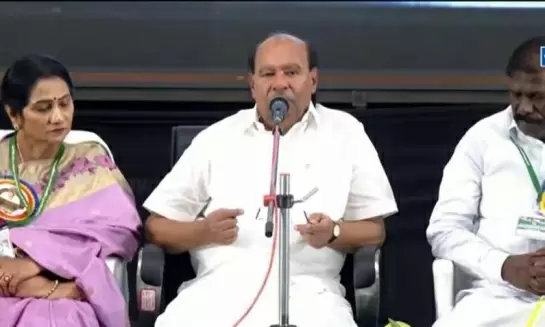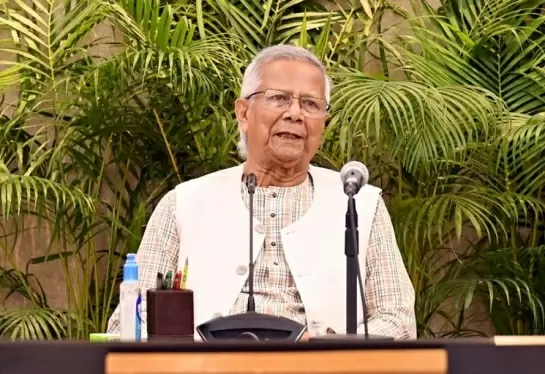Budget seeks to fire all engines to rev up investment
05-July-2019
The first Budget of the Modi 2.0 government on Friday sought to fire all engines to revive private investment and boost consumption offering a slew of tax concessions to companies, raise public spending for infrastructure and ensure credit flow for business expansion.
Presenting her maiden Budget in Lok Sabha, Union Finance Minister Nirmala Sitharaman noted the role of private sector in the growth story and termed India Inc as job-creators and also the nation's wealth-creators. The statement seemed to be aimed at bridging the trust deficit between the government and the private sector.
In line with prescriptions given in the Economic Survey, the Minister stressed on private sector-led investment, jobs, exports and consumption. Infrastructure would continue to be the key focus area with the government intending to invest Rs 100 lakh crore in infrastructure in next 5 years.
Besides proposing to relax various rules for foreign and NRI investment into the country, Sitharaman came out with out-of-the-box idea to create a 'Social Stock Exchange' for listing social enterprises and voluntary organisation. The move is expected to help social firms raise funds and promote governance.
The Budget has also proposed to open FDI flood-gates in aviation, insurance intermediary, animation and media. India's FDI inflows in 2018-19 remained strong at $64.375 billion marking a 6 per cent growth over the previous year.
Sitharaman said that FDI inflows into India have remained robust despite global headwinds.
Further, the Union Budget has attempted to keep consumption level robust by taking much-needed step to tackle crisis in the shadow banking sector. The Budget 2019-20 proposed that government will give one-time six month credit guarantee for the purchase of assets of high rated NBFCs up to one lakh crore. The move is set to ensure flow of capital for well-performing NBFCs.
In order to boost credit, the Finance Minister proposed to provide Rs 70,000 crore to public sector banks.
In a major tax relief for companies with annual turnover of upto Rs 400 crore, Sitharaman proposed to lower corporate tax for them to 25 per cent from 30 per cent now. Currently, the lower corporate tax is paid by companies with annual revenue of Rs 250 crore.
Further, the start-ups and their investors who file requisite declarations and provide information in their returns will not be subjected to any kind of scrutiny in respect of valuations of share premiums.
The housing sector, one of the key job creators, also stand to gain from the Budget. Joint development and concession mechanisms would be used for public infrastructure and affordable housing on land parcels held by the Central Government and CPSEs.
Additional deduction up to Rs 1.5 lakhs for interest paid on loans borrowed up to 31st March, 2020 for purchase of house valued up to Rs 45 lakh. This will result in overall benefit of around Rs 7 lakh over loan period of 15 years," the Minister said.
The Finance Minister exuded confidence that Indian economy will grow to become a US$3 trillion economy in the current year and will reach the vision of Prime Minister to become US$5 trillion economy in the next five years.
"It is now the sixth largest in the world, while it was at 11th position in 2014. In Purchasing Power Parity terms, India is in fact, the 3rd largest economy already, only next to China and the USA," Sitharaman said.
The Budget has proposed to upgrade over 1,25,000km of rural roads and Housing for All under PMGSY-III in 5 years with an outlay of more than 80,000 crore providing impetus to the rural economy. IANS
Sri Lankan Navy Arrests 12 TN Fishermen, Impounds Trawler Near Dhanushkodi
Protests Outside Bangladesh High Commission in Delhi Over Lynching of Hindu Youth
Ragging Row Erupts at RG Kar Medical College; First-Year Students File Complaint
Intel Flags ISI Plot To Incite Anti-India Fury In Bangladesh, Push New Delhi Into Military Response
Bengal School Owner Arrested for Harassing Singer Lagnajita; Court Sends Him to Police Custody









